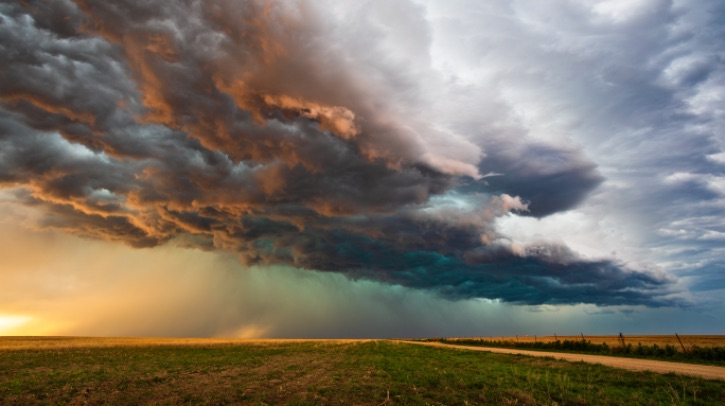At its eighth meeting – in Reykjavík, Iceland, in June – the SOFF (Systematic Observations Financing Facility) Steering Committee and decision-making body received an additional US$14.7m in funding pledges to close basic weather and data gaps.
Continued support by existing donors
Alongside existing funders Canada, Denmark, Finland, the Netherlands, Norway, Ireland, Spain and USA, four new contributors increased SOFF’s capitalization to US$94m.
Overall, Iceland became the biggest donor to SOFF, relative to GDP, adding ISK200m (US$1.13m) to the country’s existing pledges. Additionally, the Icelandic Meteorological Office, together with the Norwegian Meteorological Institute, will support Malawi as a SOFF peer advisor.
“SOFF and its operations are crucial to us. We want to keep our ambitious course and continue supporting this cause,” said Benedikt Höskuldsson, special envoy for climate in Iceland.
The Nordic Development Fund (NDF) pledged an additional €6m (US$6.4m) to SOFF. “For NDF, our total financing represents one of the largest contributions to an initiative, showing our commitment to SOFF,” said Satu Santala, managing director of the NDF and former co-chair of the SOFF Steering Committee. NDF was the first contributor to the SOFF UN Fund, paving the way for other funders.
Austria increased its commitment to SOFF by €2m (US$2.14m), to a total of €6m (US$6.4m). Austria was reportedly the first bilateral partner that contributed and continues its leadership not only financially but also with technical expertise. Geosphere Austria, the national hydromet agency, serves as SOFF peer advisor to eight countries. “Observational systems in Least Developed Countries and Small Island Developing States were in critical shape. SOFF came at the right time. We are committed to continuing our support,” explained Heinz Habertheuer, head of international programs and projects at the Austrian Development Agency.
Belgium added €4.2m (US$4.5m) to its previous pledge, bringing the country’s total contribution to over €10m (US$10.7m). “SOFF’s work goes to the core of what it means to prepare ourselves against climate change at a global level. Weather patterns know no borders. And better observations in one place will increase forecasting capabilities everywhere,” commented Caroline Gennez, minister of development cooperation.
Catching up with operations
Since the UN fund was established in June 2022, SOFF has worked with 60 Least Developed Countries and Small Island Developing States. In addition to those already programmed, 35 countries have requested to be programmed but cannot receive SOFF support due to SOFF reaching its financial capacity – for now. The latest four countries programmed to work with SOFF – Niue, Cook Islands, Guinea and Sierra Leone – were approved at the eighth SOFF Steering Committee meeting.
The SOFF Steering Committee noted with concern the challenging financial situation and the urgency of stepped-up resource mobilization efforts. To mobilize more resources, the SOFF Steering Committee members, including SOFF’s funders, have decided on an Updated Resource Mobilization Strategy and Action Plan, which includes outreach to new bilateral funders and seeking additional commitments by existing donors; outreach to multilateral funders, foundations and private aggregators; and activating strong high-level champions for SOFF.
In related news, the Systematic Observations Financing Facility (SOFF) recently invested US$3.5m in Rwanda’s meteorological capabilities to rehabilitate three surface stations and install the country’s first upper-air (radiosonde) station. Click here to read the full story.



